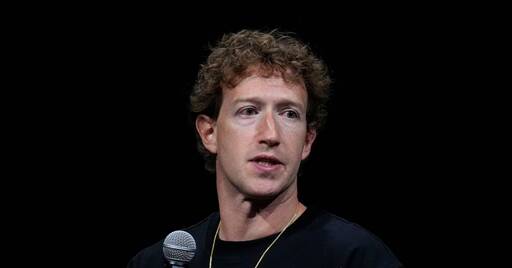The problem is that people are vulnerable to disinformation and now there is little to no pushback on these platforms.
In a world where people are expert critical thinkers with no biases and perfect rationality it wouldn’t matter, but that isn’t how people work in the slightest.
Who gets to decide what’s disinformation?
Once upon a time, scientific consensus classified homosexuality as a mental disorder.
This is why psychology is a soft science and not worthy of the authority afforded to hard sciences.
oooh. now do economics!!
The problem with economics is that people think that the best economy is one where the richest people make the most amount of money as quickly as possible.
Social sciences are important even if finding truth is messier and happens over a longer period.
In any case, misinformation is often not something that can argued as just a difference of opinion. There are obvious cases like outright lies about the occurrence of events such as “immigrants eating pets en masse” or “the bowling green massacre”, or that the “greenhouse warming effect” doesn’t exist.
Fact checking doesn’t have to be outright removal either, it just needs a critical analysis of the facts, and people can make up their own minds.
Social sciences are important, but treating their conclusions as absolute fact the same way we would hard sciences shouldn’t be encouraged.



